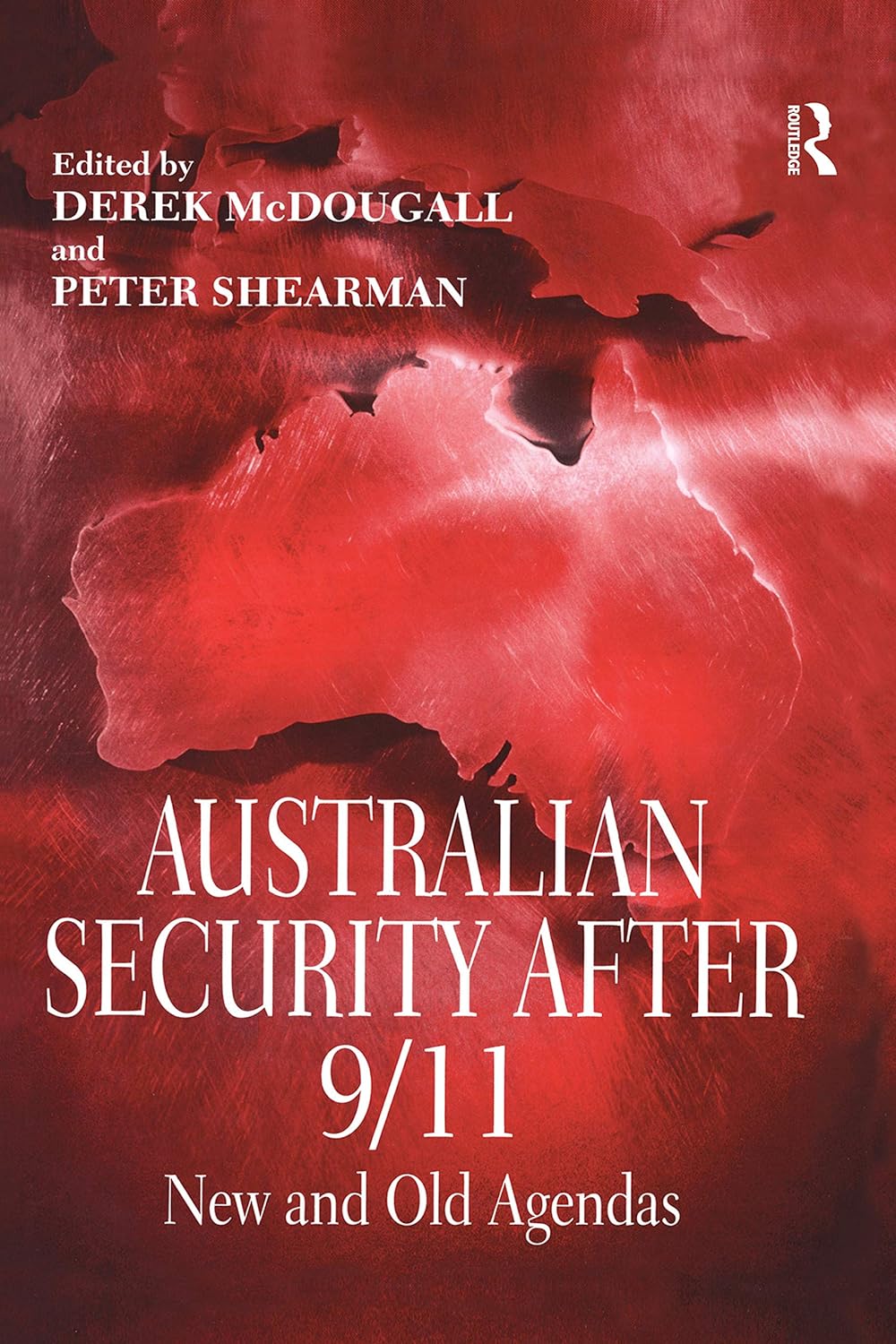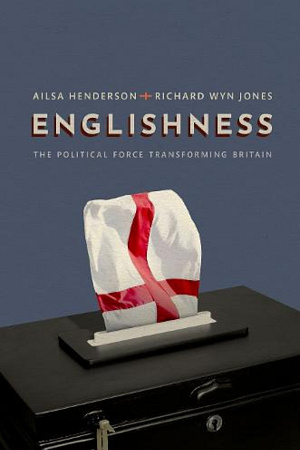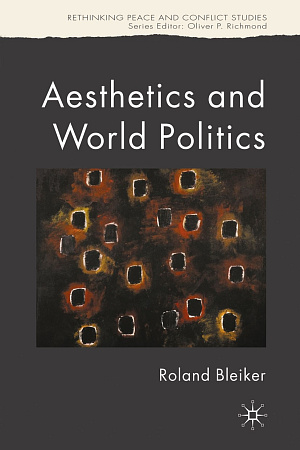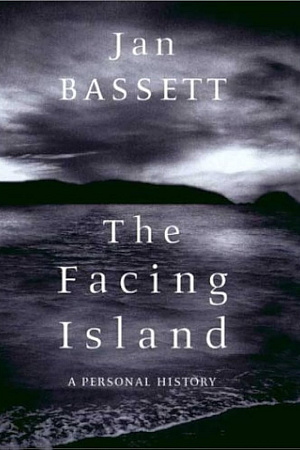Australian Security After 9/11: New and old agendas
Ashgate, £50 hb, 206 pp, 0754645150
Still the frightened country?
A decade ago, security was the poor cousin to economics in policy studies and public discussion. When John Howard took office in 1996, we were in the midst of an era of euphoric globalisation in which the popular imagination was dominated by wonder at the spread of the free market, growing volumes of trade and finance, and seemingly ever-rising wealth and standards of living. As Paul Kelly has observed, Howard realised early that in this context a government’s perceived capacity to manage the economy – balancing budgets, reducing unemployment, keeping interest rates down – was, to the mind of the electorate, the prime indicator of its fitness to govern. Australians, living through the longest economic boom in decades, had become fearful of a return to the days of economic turmoil and uncertainty. In this era, national security was a most unfashionable topic – at best a distraction, at worst a distortion of the ‘beautiful numbers’ delivered by globalisation.
Continue reading for only $10 per month. Subscribe and gain full access to Australian Book Review. Already a subscriber? Sign in. If you need assistance, feel free to contact us.











Leave a comment
If you are an ABR subscriber, you will need to sign in to post a comment.
If you have forgotten your sign in details, or if you receive an error message when trying to submit your comment, please email your comment (and the name of the article to which it relates) to ABR Comments. We will review your comment and, subject to approval, we will post it under your name.
Please note that all comments must be approved by ABR and comply with our Terms & Conditions.